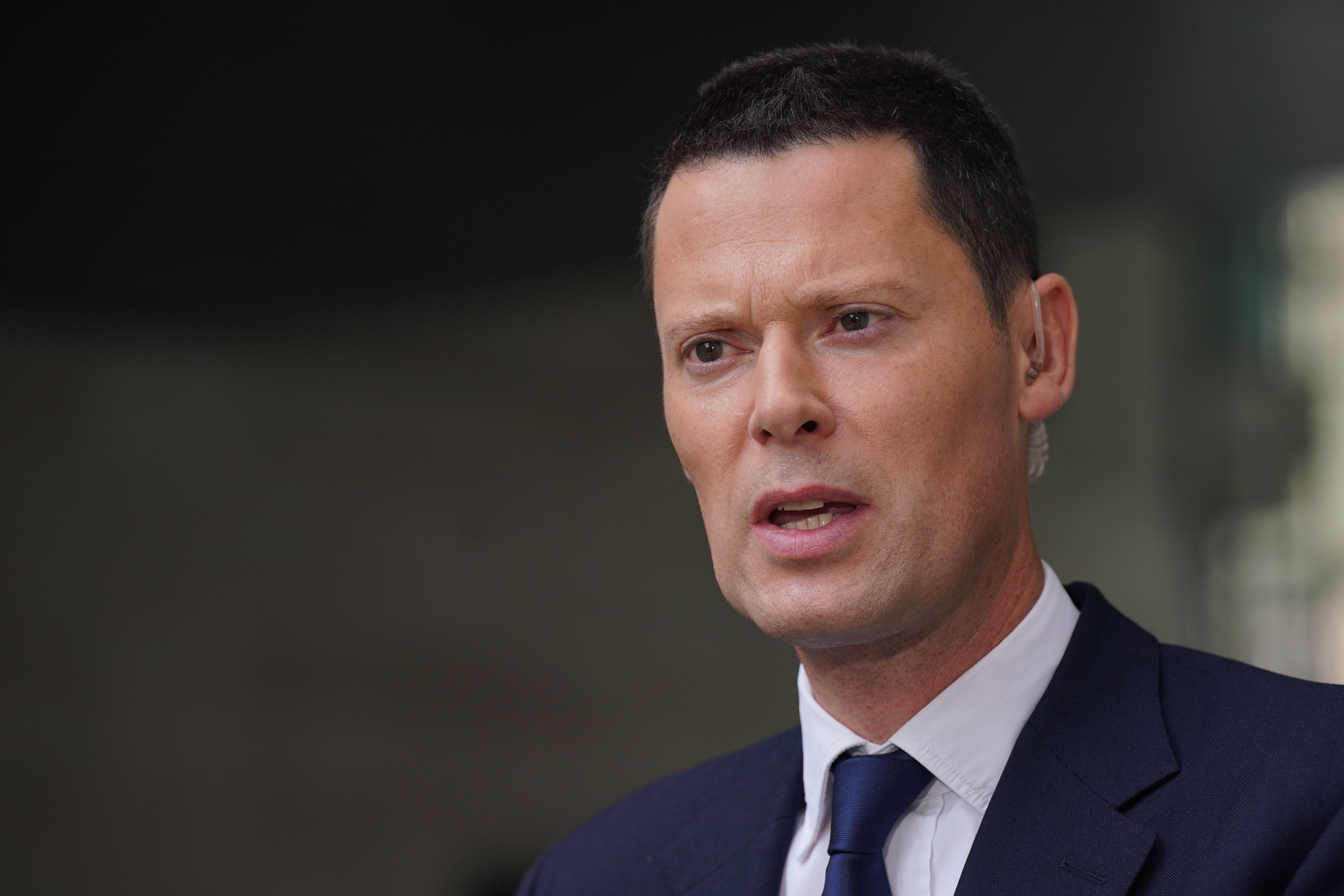The fact that we can’t even keep enough riot squad officers in prisons is a sign of a much deeper crisis
Editorial: It is in the most neglected and least reported public services that the problems caused by unrealistic funding assumptions are most likely to turn critical

The Independent has raised the alarm in its reporting of the state of Britain’s prisons over the past year. Our warning that overcrowding was becoming serious came long before Alex Chalk, the justice secretary, took emergency action a few days ago to release a large number of offenders two months before their sentences were due to end.
We have reported on the problems with recruiting staff, and the pile-up of prisoners held on remand as court backlogs push the system to capacity and beyond. Now we report the shortage of “Tornado squad” riot officers, those trained to deal with violent disorder, who are the last line of defence in a prison estate that is bursting at the seams.
Prisons are rarely a political priority and are always likely to suffer from underfunding. But the combination of the recruitment crisis throughout the public services and the rise in prisoner numbers caused by longer sentences and court delays has turned a chronic problem into an acute one.
Tornado squads were deployed 13 times last year. With the number of trained officers down to 1,600 from 2,300 six years ago, this backstop is being spread worryingly thin. The front stop, meanwhile, the National Tactical Response Group, was deployed 800 times last year – an increase of 40 per cent on the previous 12 months.
Mr Chalk’s decision to order the early release of prisoners is an admission that this government’s criminal justice policy is not working. The Independent disagrees with the knee-jerk policy of longer sentences, but if that is the government’s policy, then the government has to pay for the prison places and the staff to manage them. Claiming to be tough on law and order – as Rishi Sunak does most Wednesdays at Prime Minister’s Questions – while letting criminals out of jail because the money hasn’t been found to keep them there, is the worst of both worlds.
We would like to see the prison population reduced, through the use of non-custodial punishment and rehabilitation, although we do not pretend that this would be cheap either. But it might be more effective in reducing reoffending, and therefore save money in the longer term.
What is worse is that, just as the shortage of riot officers is a specific problem in a wider crisis affecting the prison service, the situation in our prisons is only part of a wider crisis in public services generally. The NHS, social care, special needs provision in schools, the asylum system: everywhere we look, the same problems of staff shortages and underfunding expose the flaws in the British people’s demand for northern European standards in public services paid for by North American levels of taxation.
This government has failed to be honest with people about the consequences of low economic growth over the past decade or more – the low productivity growth, particularly in the public sector; the adverse effects of leaving the European Union; and the lasting effects of coronavirus lockdowns. All these things mean that maintaining decent public services will take a larger share of national income than it otherwise would. Yet the prime minister is hurtling towards a general election having cut taxes, and is hoping to cut them even more in order to buy votes.
It is in the most neglected and least reported public services that the problems caused by unrealistic funding assumptions are most likely to turn critical. It is often said that the test of a country is how it treats its weakest and most marginalised citizens. Usually this is taken to refer to the young, the old and the sick, and it must be said that the care they receive has become patchier in the past few years. But it must also account for how we treat criminals, and in many ways, the state of our prisons is an indicator of the health of the whole of society. That indicator is flashing a warning red.



Join our commenting forum
Join thought-provoking conversations, follow other Independent readers and see their replies
Comments